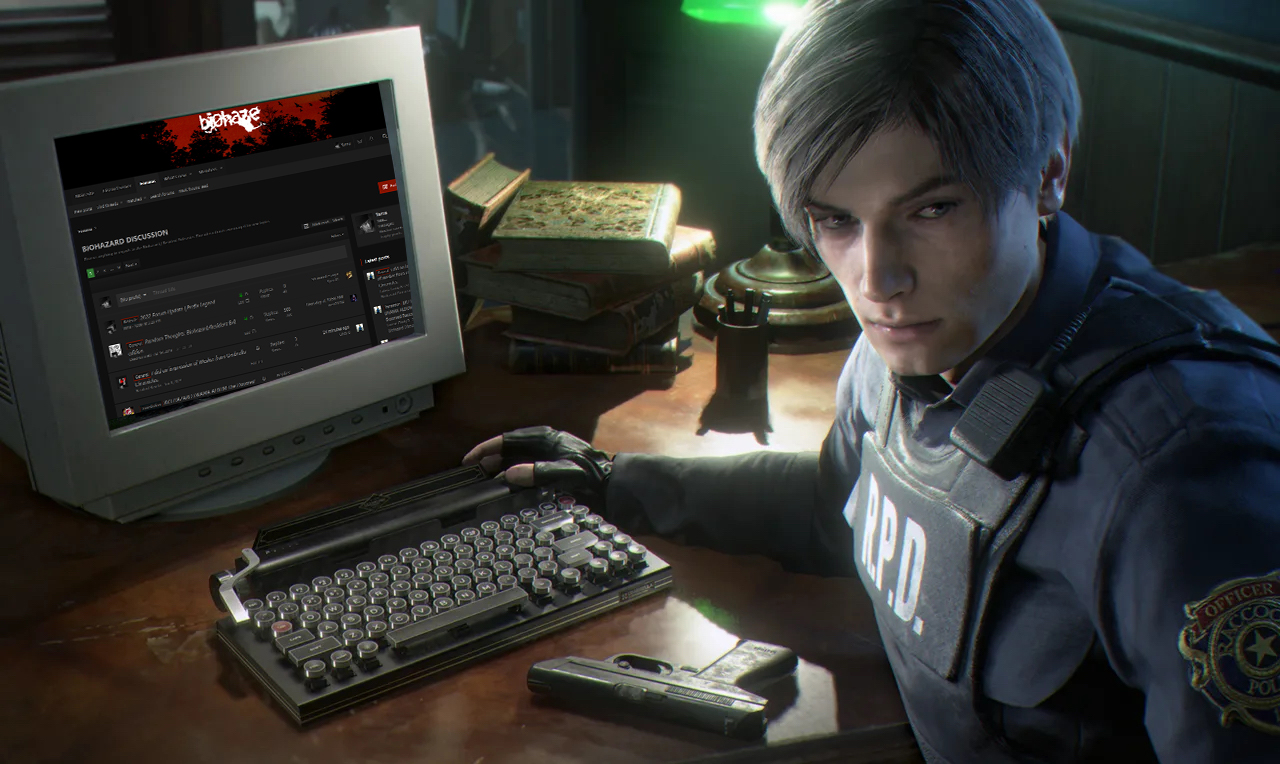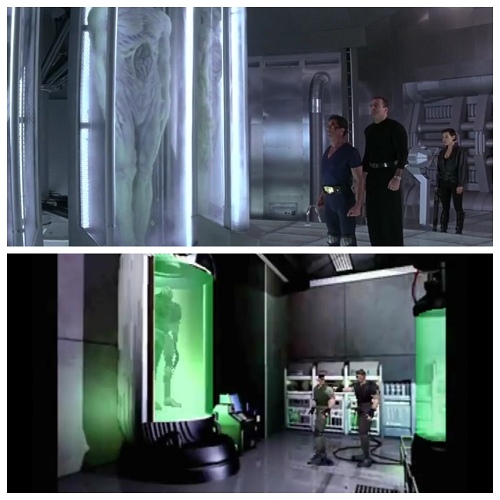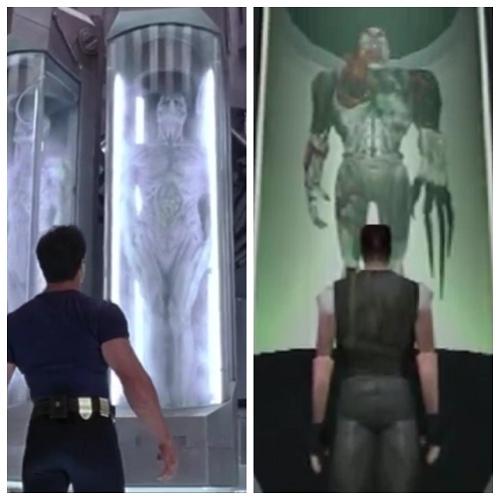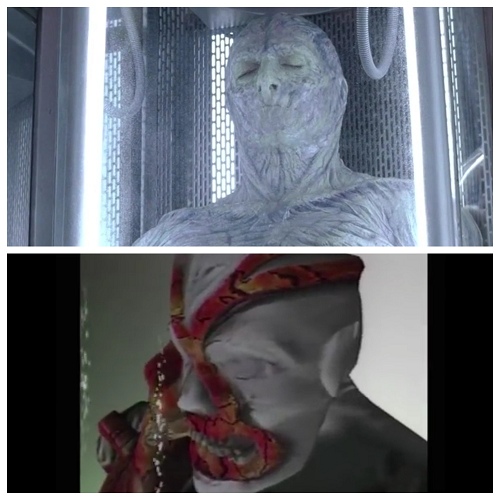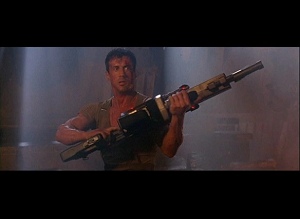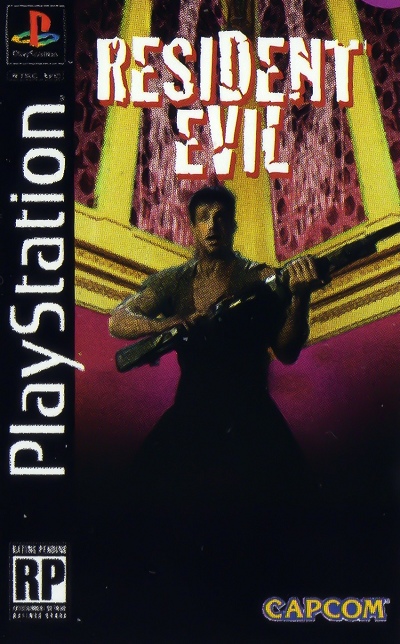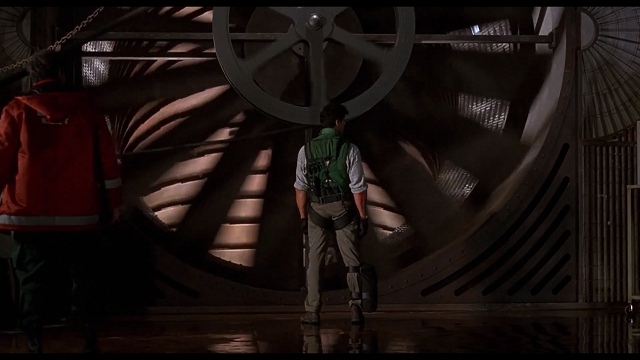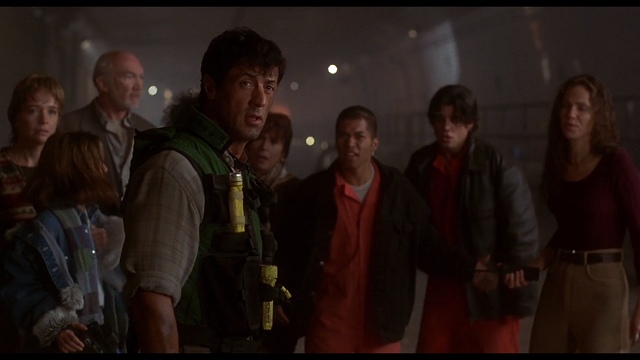What exactly was taken from P. T.?
You should have lost respect back in 1996, because Capcom used to copy even more than it does now:
Do you also like copying The Evil Dead when even the game hasn't started yet?
Or should I remind you about Alone in the Dark? Okay:
1. Character selection: male and female.
2. Fixed camera, tank control.
3. Backtracking, puzzles.
4. Mansion, dungeon.
5. Zombies, zombie dogs, giant worm.
6. Files, environmental storytelling.
7. A zombie dog that jumps through the window.
Does it remind you of anything? And this is all Alone in the Dark.
I can continue this list indefinitely, but people will continue to ignore it. They will scold Revelations for borrowing a map from Dead Space, but they don't see the huge log that classic games are.

